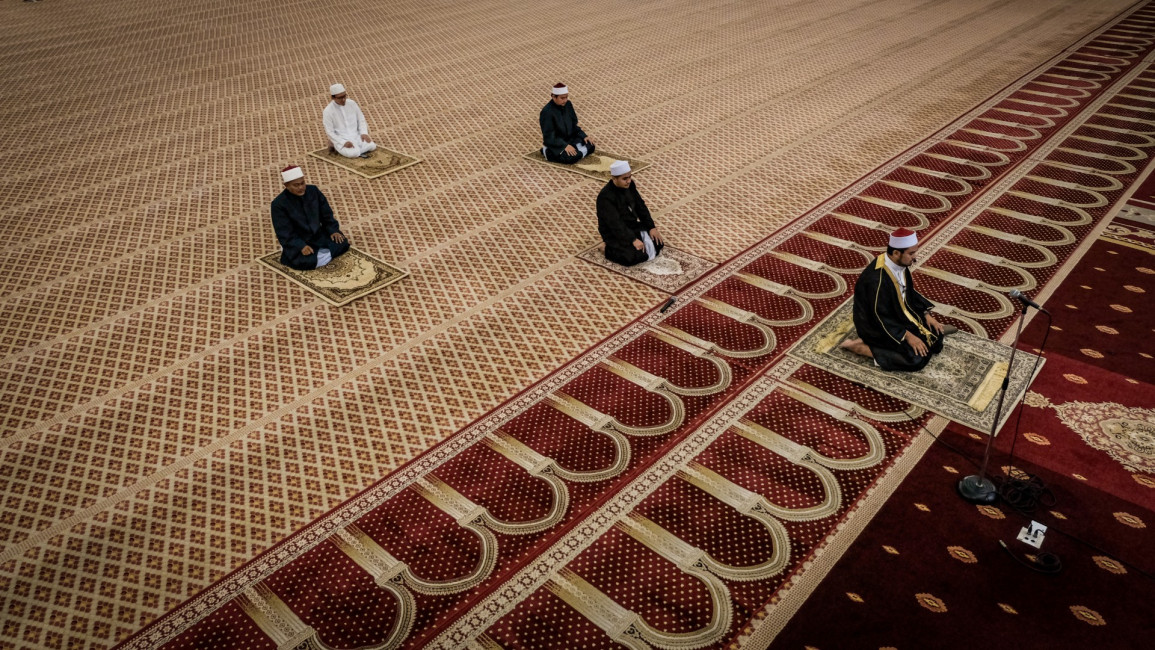Malaysian minister, muftis defend 'no foreigner' in mosques rule, deny xenophobic intent
Two Malaysian muftis and a government minister have spoken out in defence of the country's ban on foreigners in mosques, insisting that the measure is part of a strategy to gradually re-open public spaces.
The move has been widely criticised by religious and human rights activists, who say the measure comes amid heightened hostility in the Southeast Asian state towards migrants and Rohingya refugees.
“On behalf of the Malaysian government, there was never any intention for us to deny you the right to pray alongside us, since we are all believers. Clearly this was the case before the pandemic erupted, when foreigners were free to pray at any mosque or surau,” Minister of Religious Affairs Zulkifli Mohamad said in a press conference.
“But as mentioned the opening of mosques and suraus is in stages, since it first began on May 15. Therefore, the government has considered that for the time being it should be limited to Malaysian citizens first,” he said.
|
||
The rule was introduced over the weekend by senior government minister Ismail Sabri Yaakob, who said only Malaysians can attend congregational prayers as the country eases is coronavirus lockdown measures.
Ismail said that the decision was taken due to allegedly higher rates of Covid-19 infection among migrants.
The move, however, comes amid heightened animosity towards migrants and Rohingya refugees in Malaysia, which has stepped up measures to curb illegal immigration during the coronavirus pandemic.
A photo of an anti-Rohingya banner posted next to a prayer hall in Malaysia's southern state of Johor went viral in recent days, with many drawing a link between the new mosque measure and the government's alleged pandering to anti-migrant sentiment.
Malaysia has long been a target destination Myanmar's Rohingya minority fleeing persecution, but authorities have tightened border controls to stop their entry.
On Thursday, a boat carrying hundreds of Rohingya was turned away by Malaysia's coastguard who reportedly acted to stop the spread of the novel coronavirus in the country.
The boat has been at sea for three to four months and tried to enter Malaysia's waters several times, Malaysian coastguard chief Zubil Mat Som told AFP.
Follow us on Facebook, Twitter and Instagram to stay connected



